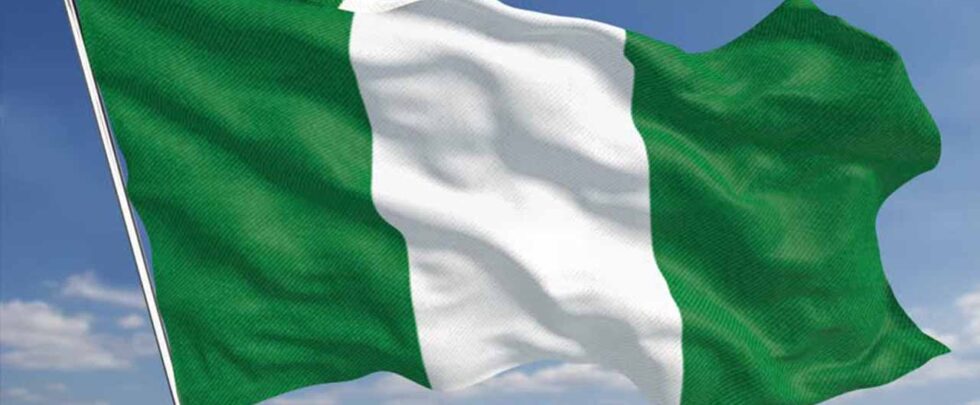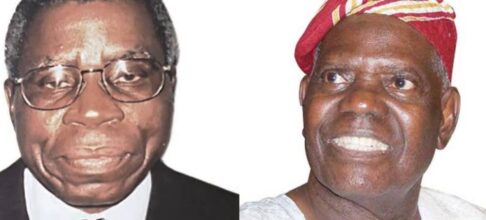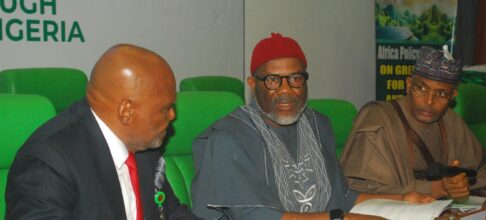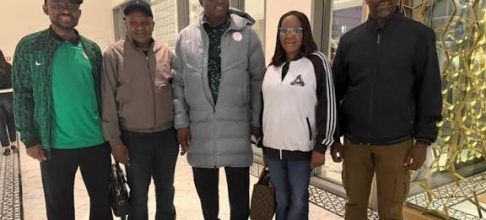Nigeria is ‘bleeding to death in silence,’ a coalition of prominent citizens warned at the weekend, painting a grim picture of killings and displacement that rival war-torn nations across the globe.
In a hard-hitting joint statement, the leaders, which included former Aviation Minister Osita Chidoka, journalist Kadaria Ahmed, ex-Minister Nuruddeen Muhammad, business leader Tonye Cole, and other figures spanning the country’s political, religious, and civic spectrum, said the scale of bloodshed demands extraordinary action.
According to Amnesty International data cited by the group, 10,217 Nigerians have been killed in violent attacks over just two years. For comparison, Ukraine’s ongoing war has caused about 10,00012,000 civilian deaths in the same period, while Syria, still engulfed in conflict, reports an average of 3,0005,000 deaths annually.
“Parts of Nigeria are enduring wartime levels of slaughter, yet we are officially at peace,” the statement declared. They quoted staggering figures to indicate that 6,896 persons were killed in Benue State, with over 450,000 displaced, villages emptied by fear, Plateau: 2,630 killed, boreholes poisoned, farms torched, food wasted in markets farmers can’t reach. Zamfara: 638 villages sacked, residents forced to pay levies by phone to avoid mass killings. North-East: Boko Haram regains ground, with fresh assaults on Gwoza, Damboa, Biu, and Bama. South-East: relentless killings by ‘unknown gunmen’ eroding peace. The leaders said the killings persisted because the Nigerian state has lost its monopoly on force. Bandit groups, militias, and extremists now fill the vacuum from Lakurawa in Sokoto and Kebbi, to Mamuda in Kwara, to resurgent Boko Haram in the North-East.
“The ritual condemnations after every massacre, followed by silence, are not resilience. They are the slow implosion of a nation and the rot of its conscience,” the statement noted. The group drew parallels with other nations that clawed their way back from chaos: Colombia, which confronted guerrilla and cartel violence by reforming its military and funding peace deals, Rwanda, which faced its ethnic wounds directly after genocide, rebuilding trust at the grassroots and Northern Ireland, where decades of bloodshed ended only when elites agreed that violence could no longer shape the future. According to them, Nigeria can heal but only with courage and consensus. They warned against framing the crisis as an ethnic or religious issue. While foreign fighters have been linked to attacks, the group stressed that many perpetrators are Nigerians themselves.
“This is not a Fulani problem, or an Igbo problem, or a ChristianMuslim problem. It is a Nigerian problem with Nigerian faces. Criminals come from every group; justice must be blind to identity.” To break the cycle, the coalition urged President Bola Tinubu to establish a Presidential Task Force on National Security with extraordinary but constitutional powers. The body, they proposed, should: Set up community-driven early warning and rapid response systems, Launch disarmament and reintegration programmes in conflict zones and Publish quarterly security accountability reports to restore public trust. They emphasised that the task force must be independent of politics, staffed with professionals of integrity, and time-bound with measurable results. The leaders closed with a sobering reminder: “History will not judge the bandits. It will judge us who had the power to protect and either rose to this moment or shrank from it. The right of every Nigerian child to grow up without fear is not negotiable.”
“Parts of Nigeria are enduring wartime levels of slaughter, yet we are officially at peace,” the statement declared. They quoted staggering figures to indicate that 6,896 persons were killed in Benue State, with over 450,000 displaced, villages emptied by fear, Plateau: 2,630 killed, boreholes poisoned, farms torched, food wasted in markets farmers can’t reach. Zamfara: 638 villages sacked, residents forced to pay levies by phone to avoid mass killings. North-East: Boko Haram regains ground, with fresh assaults on Gwoza, Damboa, Biu, and Bama. South-East: relentless killings by ‘unknown gunmen’ eroding peace. The leaders said the killings persisted because the Nigerian state has lost its monopoly on force. Bandit groups, militias, and extremists now fill the vacuum from Lakurawa in Sokoto and Kebbi, to Mamuda in Kwara, to resurgent Boko Haram in the North-East.
“The ritual condemnations after every massacre, followed by silence, are not resilience. They are the slow implosion of a nation and the rot of its conscience,” the statement noted. The group drew parallels with other nations that clawed their way back from chaos: Colombia, which confronted guerrilla and cartel violence by reforming its military and funding peace deals, Rwanda, which faced its ethnic wounds directly after genocide, rebuilding trust at the grassroots and Northern Ireland, where decades of bloodshed ended only when elites agreed that violence could no longer shape the future. According to them, Nigeria can heal but only with courage and consensus. They warned against framing the crisis as an ethnic or religious issue. While foreign fighters have been linked to attacks, the group stressed that many perpetrators are Nigerians themselves.
“This is not a Fulani problem, or an Igbo problem, or a ChristianMuslim problem. It is a Nigerian problem with Nigerian faces. Criminals come from every group; justice must be blind to identity.” To break the cycle, the coalition urged President Bola Tinubu to establish a Presidential Task Force on National Security with extraordinary but constitutional powers. The body, they proposed, should: Set up community-driven early warning and rapid response systems, Launch disarmament and reintegration programmes in conflict zones and Publish quarterly security accountability reports to restore public trust. They emphasised that the task force must be independent of politics, staffed with professionals of integrity, and time-bound with measurable results. The leaders closed with a sobering reminder: “History will not judge the bandits. It will judge us who had the power to protect and either rose to this moment or shrank from it. The right of every Nigerian child to grow up without fear is not negotiable.”
The Statement was endorsed by leaders across regions, including Mohammed Abdullahi, Sergus Ogun, Ali Bappioyo Adamu, Basharu Althine Isa, Opeyemi Adamolekun, Jamila Bio Ibrahim, Ugo Egbujo, Sam Amadi, and Abba Bukar Abba Masta.















